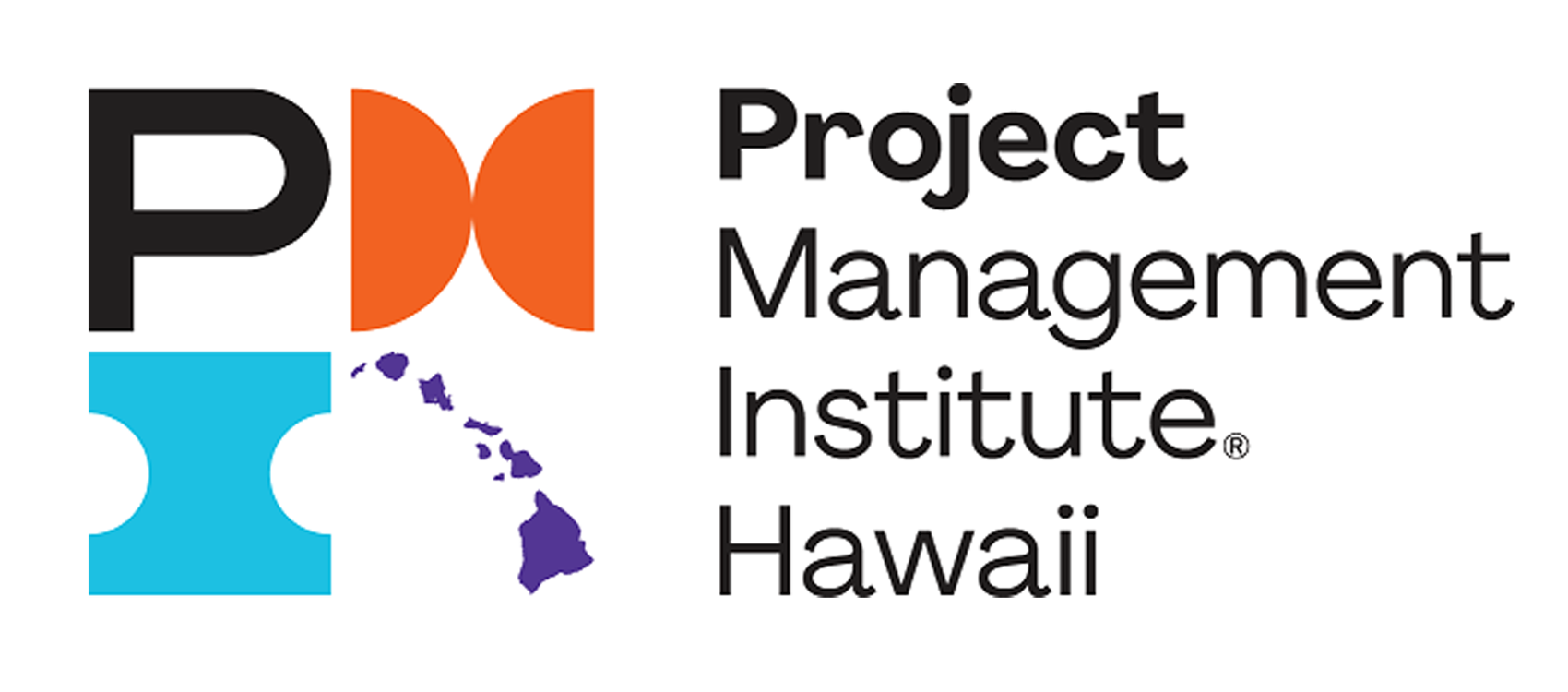31 May 2018 at 12:00AM
A Study: EXTENDING AGILE PROJECT MANAGEMENT BEYOND SOFTWARE INDUSTRY
Submitted by: Danijela Ciric
With its roots in the Agile Manifesto, which expresses the key principles and values of the movement, and after 15 years of maturation, agile project management (APM) now becoming mainstream and a cutting-edge project management approach in fast competitive markets, with fast changing technologies, innovation-driven clients, and high level of uncertainties. Up to now, APM has been adopted for software development in thousands of companies around the world and it is on the rise according to 2015 PMI’s Pulse of the Profession report (PMI, 2015) with 38 percent of responding companies reporting its frequent use, which is 8 percentage points up since 2013. Although agile-related topics are discussed, primarily, in IT and software related literature, ability to manage changing priorities, team productivity, customer satisfaction, effectiveness in resolving unexpected risks, as building blocks of APM, are for sure something that is desirable beyond software industry but still there is a lack of understanding and well defined instructions how to apply particular Agile in other domains, how to identify situations when APM might be a better solution and how to help organizations integrate agile practices into their traditional processes. Therefore, with the increased use of APM in the last decade, it is of utmost importance to clarify whether and how this concept translates outside of software domain and whether it coexists with or replaces traditional project management and under which conditions.
As part of my thesis, I am exploring the application of agile project management approach beyond software industry. Specifically, I am trying to assess whether agile approach may be applicable and useful outside the software industry and whether agile project management, in a particular environment, have something to offer to organizations in terms of more effective execution of projects of certain characteristics(project size, degree of innovation, type of innovation, and size of the project team, etc.).
Finally, thank you very much in taking your valuable time considering responding to the enclosed questionnaire. Your input is very much appreciated.
Link to questionnaire: https://www.surveymonkey.com/r/PMI_thesis_research_grant
This research is supported by the Project Management Institute, under the PMI Thesis Research Grant Program and is one of the few in the world to receive PMI’s investment in a very competitive selection, judged by a committee of world-leading academics and practitioners.
About the Researcher:

Danijela Ciric is a researcher and a teaching assistant at the Department of Industrial Engineering and Management, Faculty of Technical Sciences, University of Novi Sad. She is a final year PhD candidate. Her topics of interest are project management, innovation management, innovations, new technologies in engineering and management. She is engaged in teaching courses in the field of innovation, new product development and project management. She holds MSc in Economics. Through Erasmus Mundus programme of European Commission she was a scholar and a visiting researcher at the Faculty of Economics, University of Split, Croatia in 2017, and at the University of Technology and Economics in Budapest, Hungary in 2018. She was granted with highly prestigious Thesis Research Grant from Project Management Institute (PMI), for the proposed research. Proposed research is one of the few in the world to receive PMI’s investment in a very competitive selection, judged by a committee of world-leading academics and practitioners. During her professional career Danijela participated in more than 10 HEIs capacity building and scientific projects, as a consultant, researcher or project manager. Currently she is engaged as a project manager in two major international projects coordinated by the Faculty of Technical Sciences and as a consultant in the project Novi Sad- European capital of culture 2021. Novi Sad was named 2021 European Capital of Culture, making it the first city in a candidate country to ever hold the prestigious title and this is one of the biggest projects implemented on the local level so far. She also closely cooperates with the Belt and Road Institute in Serbia, and is being engaged in projects related to Belt and Road initiatives.



